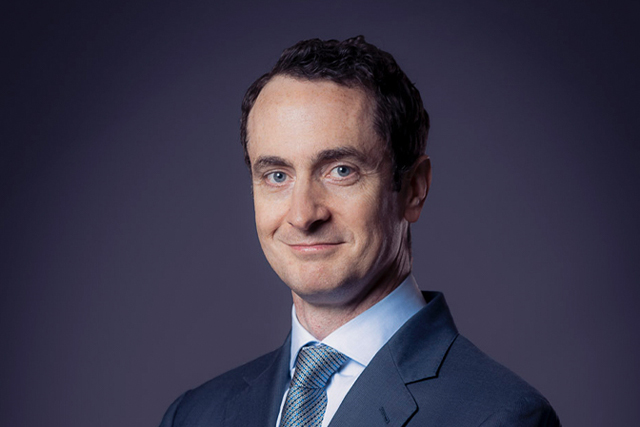Roland Tatnall: MD Energy, Exxaro (MD Cennergi)
The United Nations’ (UN) Climate Action Plan 2050 provides guidance on all areas of action to achieve our global and domestic climate targets in line with the Paris Agreement. At Exxaro, it is evident that the time has come to scale decarbonisation if we are to induce the level of change needed in our business and, more broadly, our economy. We are incorporating sustainability agents that drive development and stabilise, restore or improve the environment into our strategies.
For many years the world has understood the root cause of climate change: increased fossil fuel consumption and other activities associated with economic development driving rising greenhouse gas emissions. The rapid adoption of renewable energy is clearly critical for mitigating climate change but also provides opportunity to reverse environmental degradation and enhance socio-economic issues.
2050 was even further away in 2009 when Exxaro began to imagine what a transition to a low carbon portfolio would entail. We acquired the means to ramp up investments in renewable energy projects through our partnership with Tata Power. Through these investments, our economic development programmes continue to provide tangible socio-economic and environmental benefits.
Globally, renewable energy is the fastest growing component of the energy mix across all major economies, including South Africa. The government’s Integrated Resource Plan (IRP) forecasts the contribution of renewable energy to the energy mix to increase from around 10% , to between 45% to 50% by 2030. Technological developments and declining costs for solar, wind and storage solutions, put them at or below cost parity with traditional technologies, contributing to an even faster adoption of renewable energy technologies by the private sector than that anticipated in the IRP.
Changes to South Africa’s threshold for licencing private power projects from just 1MW to 100MW last year demonstrated our government’s commitment to enable the private sector to become an active driver of this change outside the boundaries of the REIPPPP procurement process. This further unlocks the opportunity for scaling renewable energy investments in this country. Mineral and energy companies like Exxaro now have the opportunity to embark on the Just Energy Transition at speed and scale and become catalysts for sustainable economic development while leading the path to carbon neutrality.
Within Exxaro, we are mapping out a capital framework to ensure we are carbon neutral by 2050. This is not possible without investments into upskilling and training our employees, suppliers and communities. These efforts will greatly strengthen the adaptive capacity and resilience of vulnerable members of our society.
As the second largest locally owned renewable developer in South Africa, Exxaro’s wholly owned subsidiary, Cennergi, currently contributes 229MW of renewable energy to the national power grid, and through nine smaller distributed solar facilities, 2MW directly to communities around the country. With Cennergi, we are creating a renewable solutions business of global significance, starting at home where we are catalysing the large-scale distributed energy sector (the provision of energy between private parties) through investments into renewable solutions for our own mines and those of others. In 2021, we began developing our first large-scale distributed solar project, Lephalale Solar Project, at our flagship coal mining operation, Grootegeluk, in Lephalale, within the Waterberg District Municipality in the Limpopo Province. At 70MW, we believe this is one of the largest projects of its kind in South Africa and when it commences operations in 2024 will significantly reduce power costs and result in the reduction of Scope 2 carbon emissions at the mine by a third. Concurrently, we are developing a wind solution for Grootegeluk which will reduce costs and carbon emissions further. Last year we also signed a Memorandum of Understanding (MOU) between ourselves, Seriti (the two largest coal suppliers to Eskom) and Eskom that spells out an intention to pursue, cooperatively and individually, the development of renewable energy projects to lower the carbon footprint at all our operations. We are starting in Mpumalanga, the province likely to be most affected by the energy transition, where we are developing up to 200MW of potential wind and solar projects. In doing so, we will create employment and re-skilling opportunities for communities living and working at and around these operations and hopefully help catalyse the Just Transition to a low carbon future in South Africa.
We need to think beyond the commercial imperative around our energy needs if we are to have a sustainable and material impact on the poverty and unemployment within our communities. If we are to achieve the Just Transition that is aspired to then we must consider how we best use renewable energy to drive change.
The impact of access for all to clean and reliable energy goes much further than electricity. It can and should fuel society’s hopes for education, jobs, health, a clean environment, and business opportunities; all critical elements for ensuring our Just Transition.
